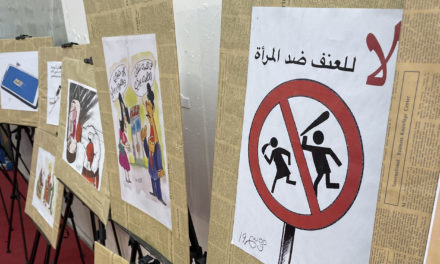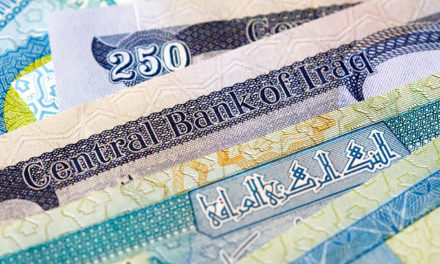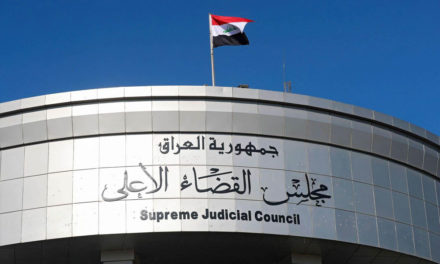The story of Nakhla is one of hope for Iraq. A story about entrepreneurship, navigating obstacles, social responsibility and, of course, dates. A story about finding a way to both provide a service and generate new revenue inside Iraq’s non-oil sector.
In 2016, three young Iraqis from Baghdad decided to create their own firm, which they named Nakhla (or “palm” in Arabic). Amenah al-Sultani, Ahmad al-Jawadi, and Labeeb Fatih were inspired by the proud history of Iraq’s date palm industry. In 1980, Iraq dominated the world date market, with 30 million palm trees producing 1 million tons of dates each year. But the industry had fallen on hard times as all of Iraq suffered during the Iran-Iraq War, the sanctions regime of the 1990s, and then civil war and occupation. The base concept for Nakhla was to provide a boutique service firm that tends to the agricultural cycle of date palms on a retail basis, focusing on houses with just a few trees, perhaps one to five, in their yard.
The services offered are simple but comprehensive, and the value proposition is clear. Nakhla contracts with a home owner to provide the full cycle of agricultural services—pruning, pollination, branch bending, and harvesting—for the dates palms. Absent these services, the trees do not produce significant amounts of fruit, so the proposition is win-win. Nakhla offers a sliding scale contract as they are compensated with both subscription fees and a percentage of the fruit, which is returned cleaned and packaged. The lower the fixed fees, the higher the percentage of the fruit Nakhla takes as compensation, and vice versa (higher fees result in the owner keeping the higher percentage). So in a way, there is a very basic business principle in play here—the owners of the trees can choose to pay Nakhla in cash or equity (of the fruit).
One of the difficulties confronting most startups is business registration, which is expensive, time consuming, and complex. However, Nakhla was able to take advantage of a special provision in Iraq law, which allows factories to be registered quick and easily for the equivalent of about 45 USD. The production line that Nakhla uses to process the harvested fruit allows it to fit within this category, even though the service business is the true innovation. The three founders were able to get business training from the UNDP innovation for development program, apply for a loan from the Trade Bank of Iraq on favorable terms, and then launch in January of 2018.
In its “factory,” or production line, Nakhla packages the highest quality fruit into both raw dates and date sweets (dipped in chocolate and other flavors), makes the next grade into natural date vinegar, then sells low quality or damaged dates as a cattle feed.
Nakhla also gives back to the community and the environment. Nakhla has given preferential options for hiring to war widows, or “martyr’s widows,” helping at least some members of this vulnerable demographic find meaningful work. At the peak of the post-harvest season, Nakhla has 50 people on its payroll.
Finally, healthy palm trees are part of Iraq’s thousands-year old ecosystem. The date trees are the only large plant growing in the Tigris-Euphrates system, and perform that functions that all trees do—cleaning air, recycling water, protecting the soil, reduce CO2 buildup.
This is just the story of one small startup. Nakhla is not going to change the world. But it is changing a few lives, and showing that private enterprise can find ways to thrive in Iraq, despite very real difficulties in the ease of doing business. Nakhla should inspire not only other entrepreneurs, but also the Iraq bureaucracy, which could do so much to reduce regulatory burden on other nascent startups.

Ahmad al-Jawadi
Ahmad al-Jawadi is an agriculture engineering student and co-founder of Nakhla.

Douglas Ollivant
Douglas Ollivant is a Senior Fellow at New America, a Managing Partner at Mantid International, and a former Director for Iraq on the National Security Council.










